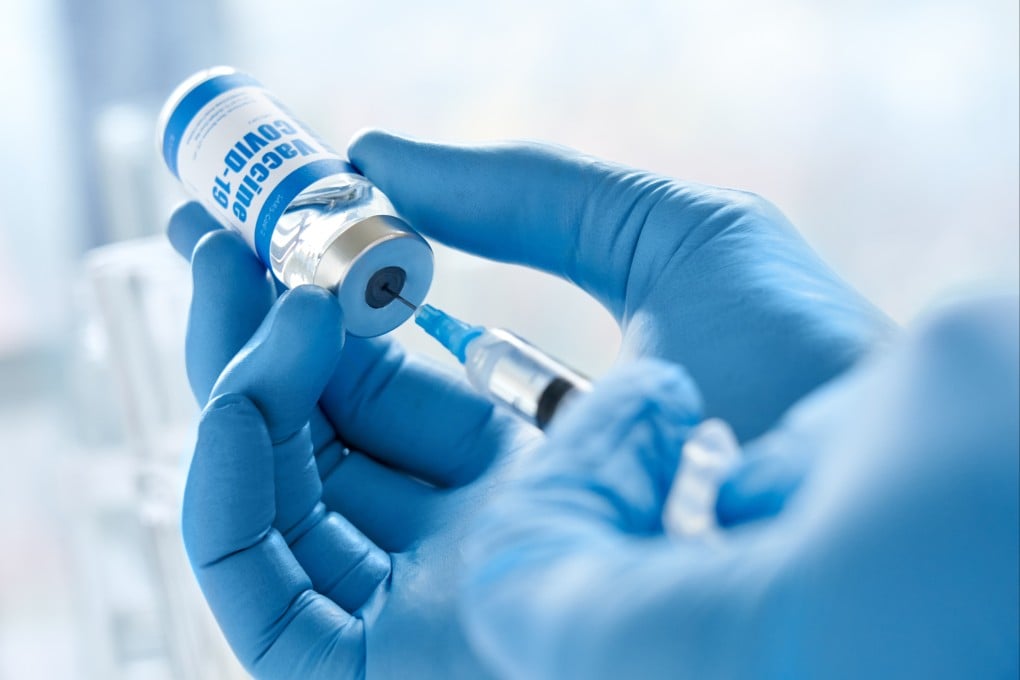Pioneer of mRNA vaccine touts technology’s promise while in Hong Kong for award, recalls how Covid placed her in spotlight
- Hungarian-American biochemist Professor Katalin Kariko hopes mRNA science can be used for wound-healing and even on cancer
- In town to receive CUHK honorary doctorate of science, she shares her tumultuous research journey and her view on Hong Kong’s bid to become biotech hub

A scientist who laid the groundwork for Covid-19 mRNA vaccines has voiced hope for a future where drugs centred on similar technology could be used for healing wounds and to prevent a wide range of conditions, from cancer to heart diseases and allergies.
Professor Katalin Kariko, a Hungarian-American biochemist, did not expect that her research on messenger RNA, or mRNA, which started more than 30 years ago, could help develop vaccines which were crucial in the pandemic fight.
“I didn’t expect … I would be in the spotlight,” said Kariko, 68, who was in Hong Kong on Friday to receive an honorary doctorate of science from Chinese University for her life-saving work.

Widely administered worldwide for Covid-19, mRNA vaccines use messenger RNA molecules to teach the body to generate specialised proteins and activate immune cells to target the virus.
Kariko, currently a professor at Hungary’s University of Szeged and an adjunct professor at the University of Pennsylvania, explained that RNA, found in all living cells, could also help produce a protein which could contribute to healing.
“I expected that mRNA will be useful for certain things. Actually I imagine that everybody will have in their freezer some kind of RNA … mostly for wounds,” Kariko said. “Maybe they burned their hands when cooking … You can apply [the RNA] and accelerate healing.”
First discovered in 1961, mRNA, a type of RNA, works like a messenger carrying important instructions that direct parts of cells responsible for protein production. Kariko and colleague Professor Drew Weissman at Pennsylvania found a way to modify mRNA, enabling the development of related vaccines.
